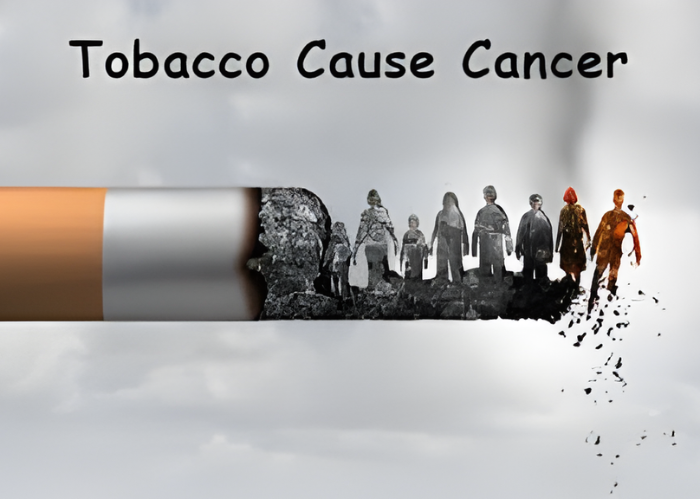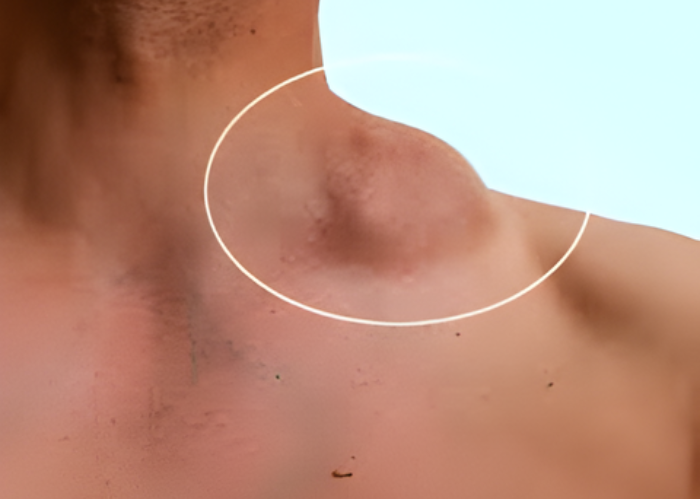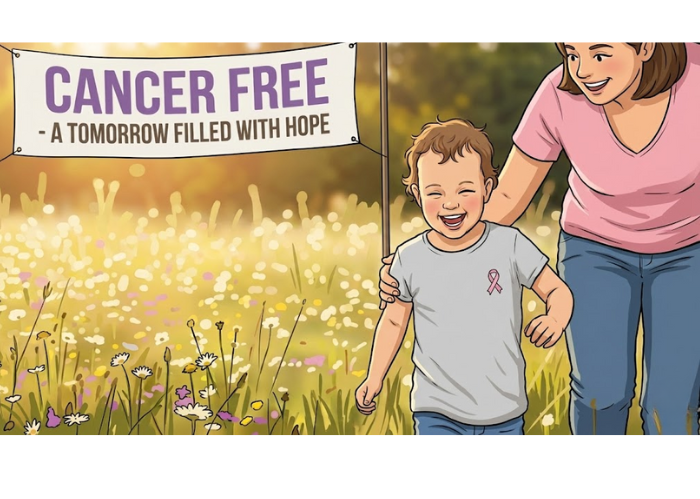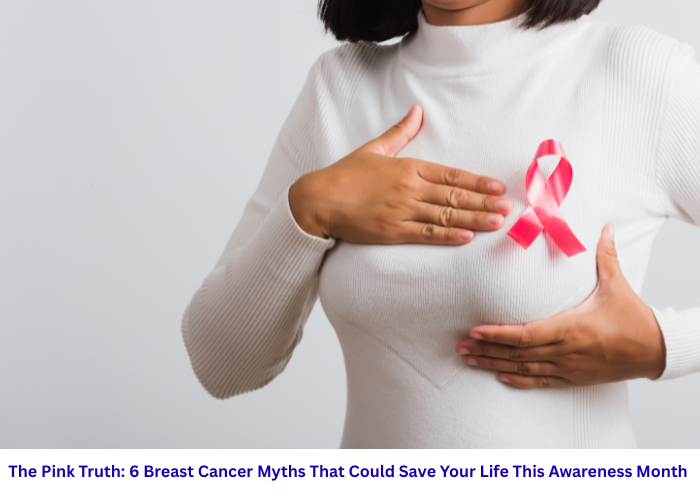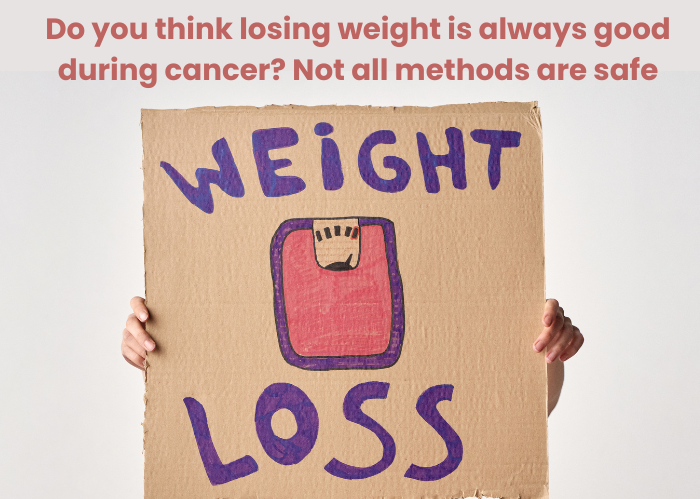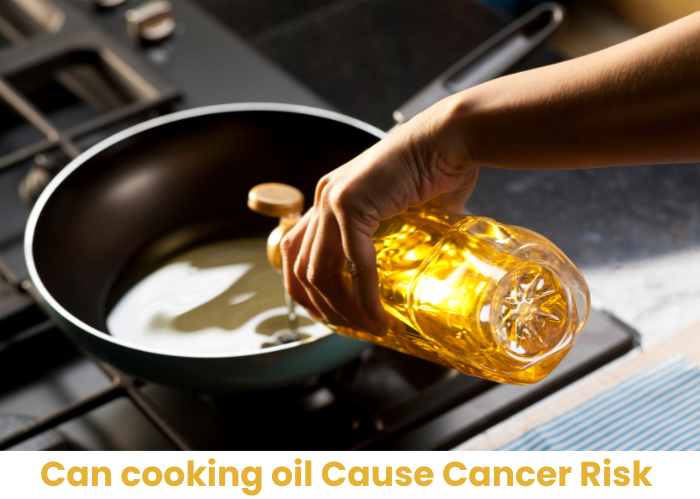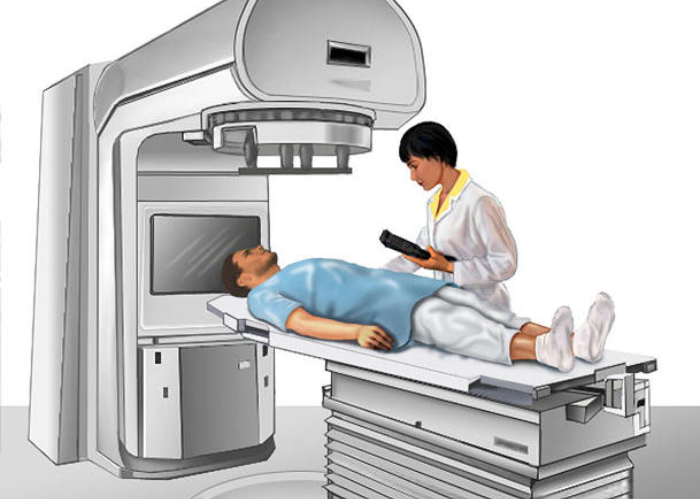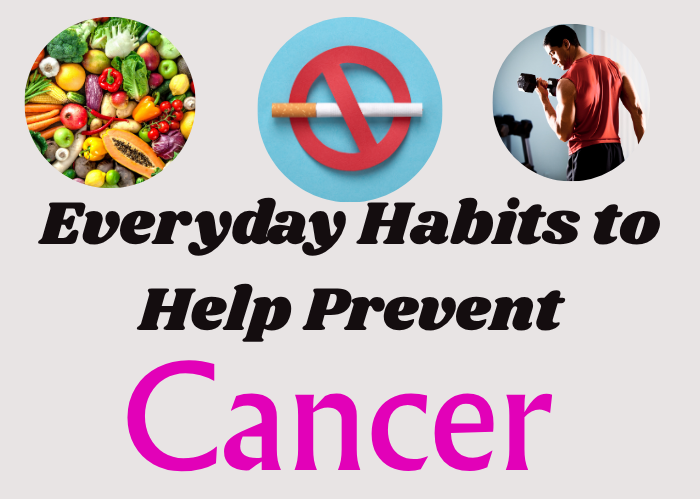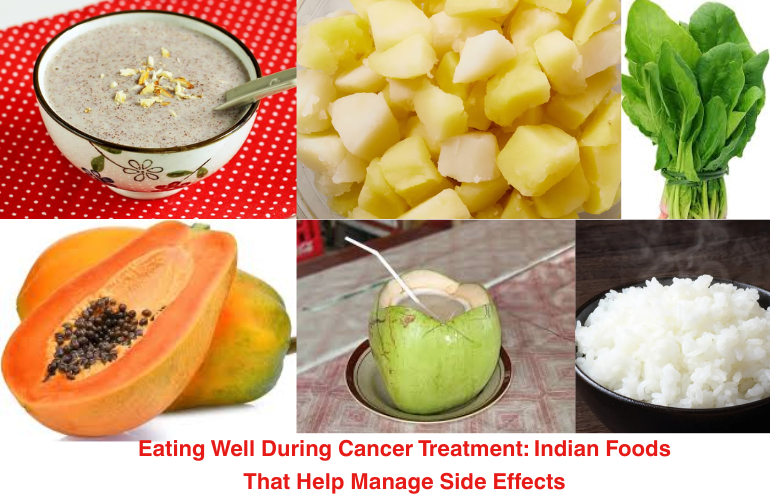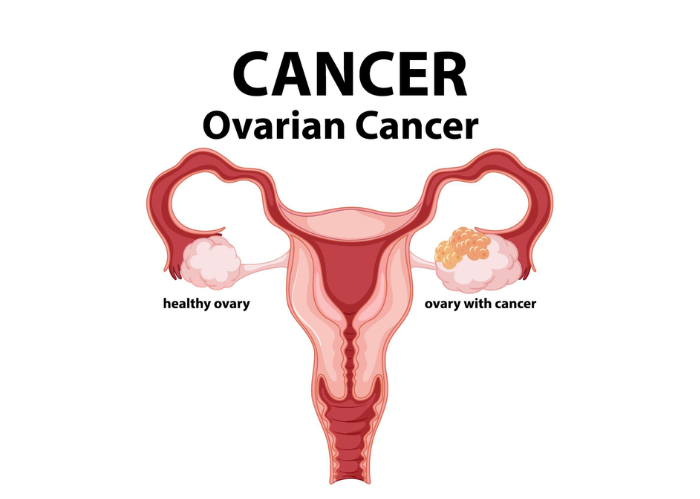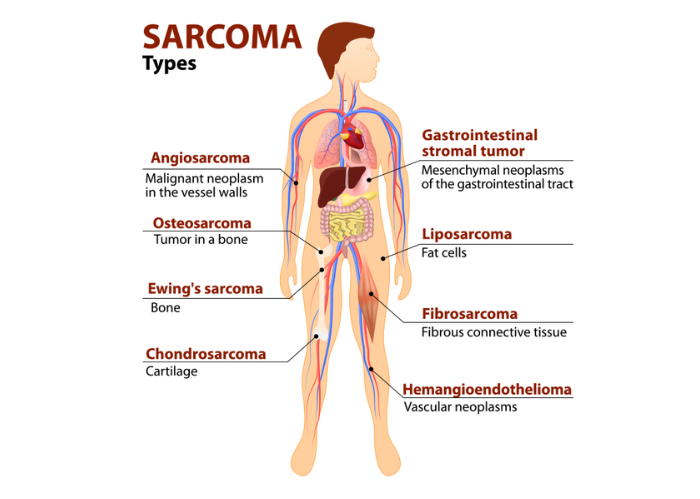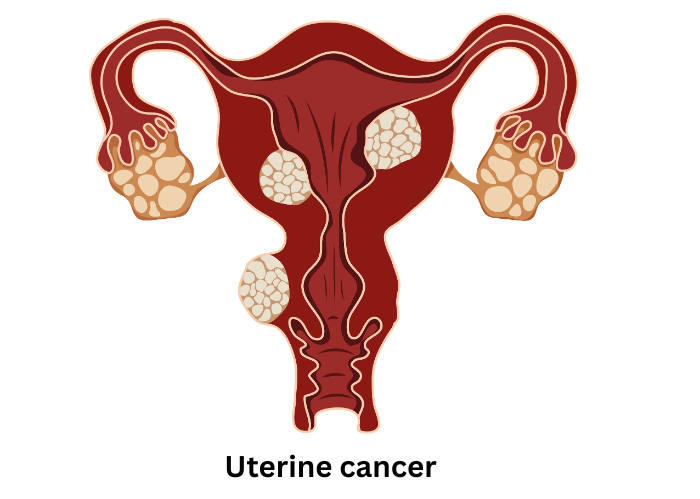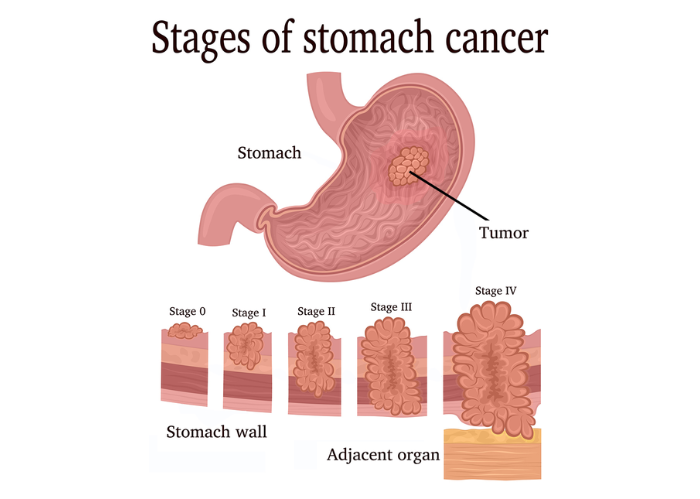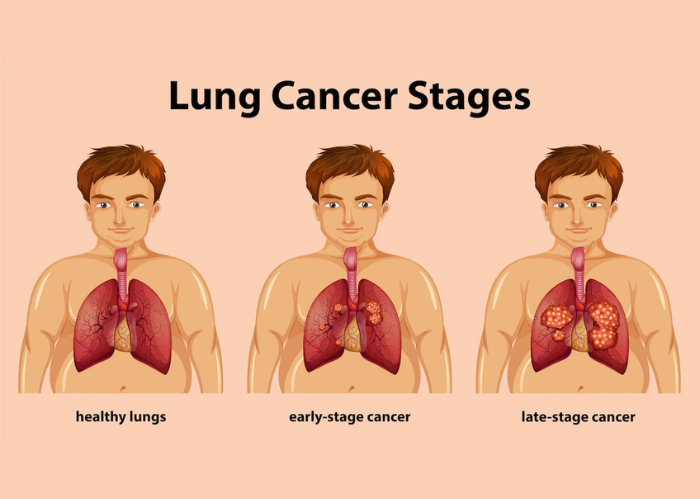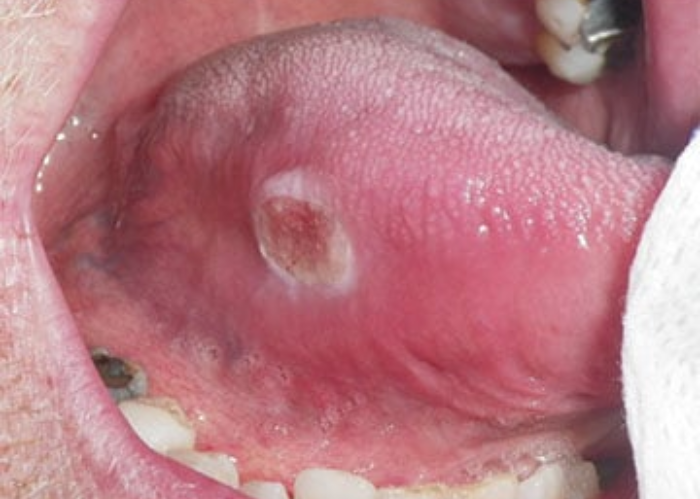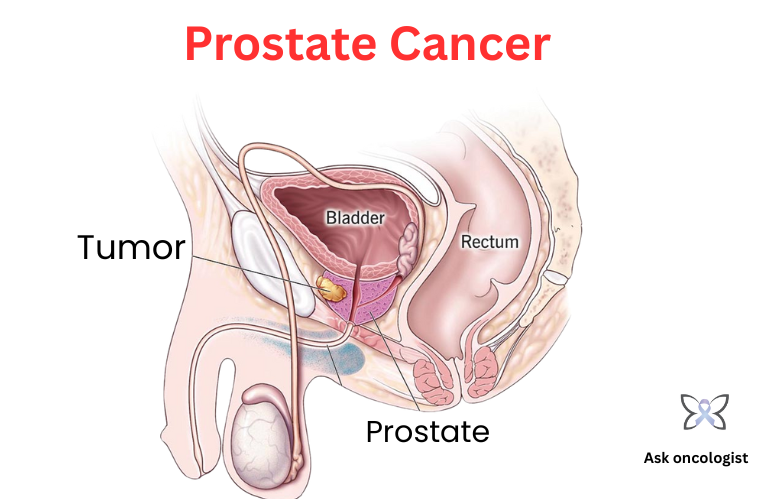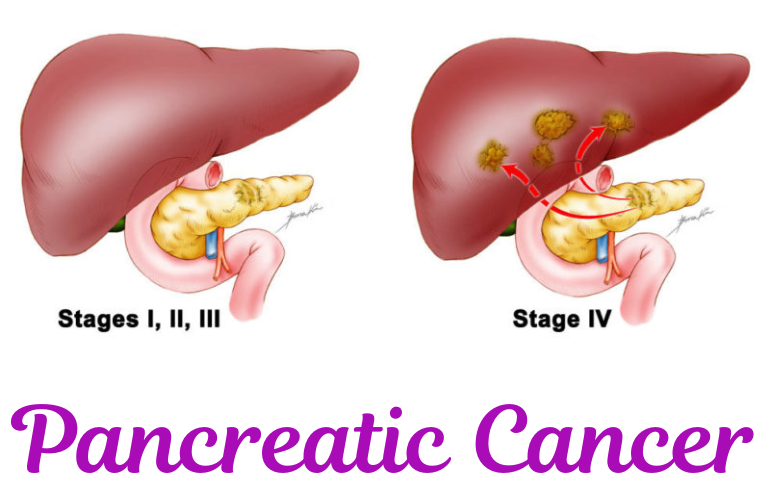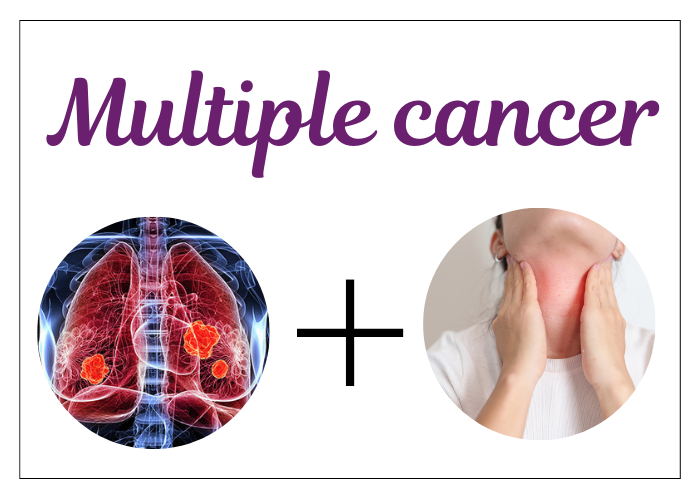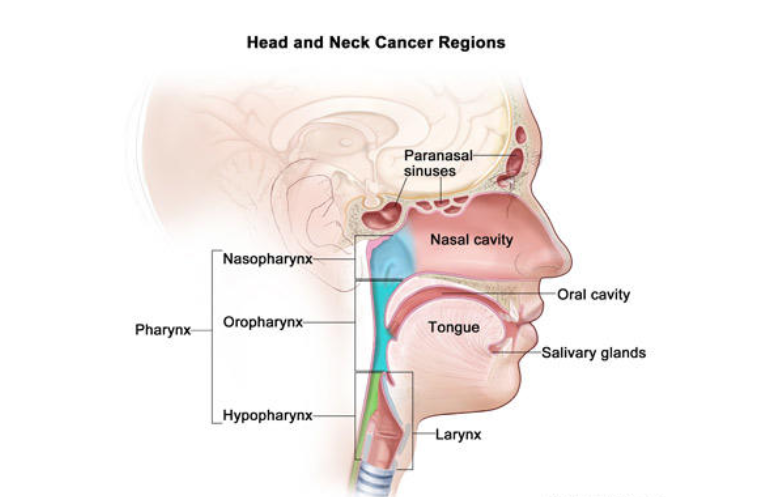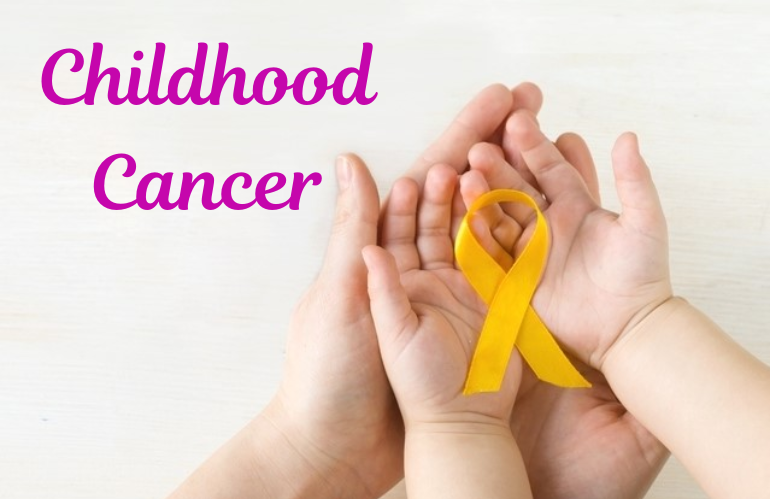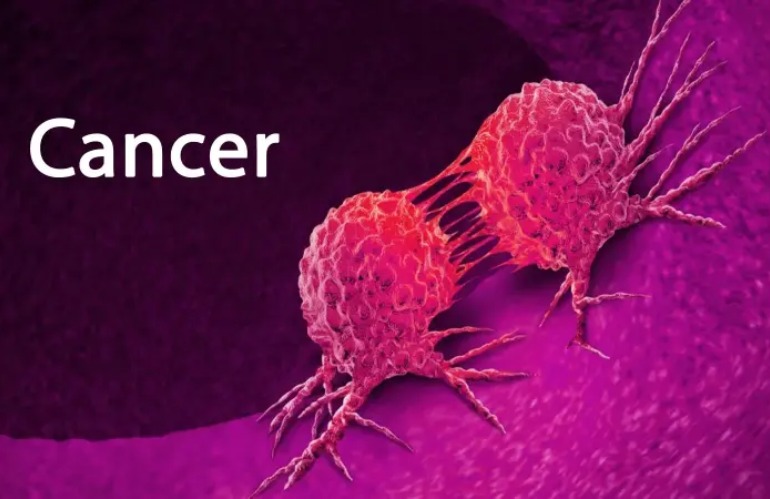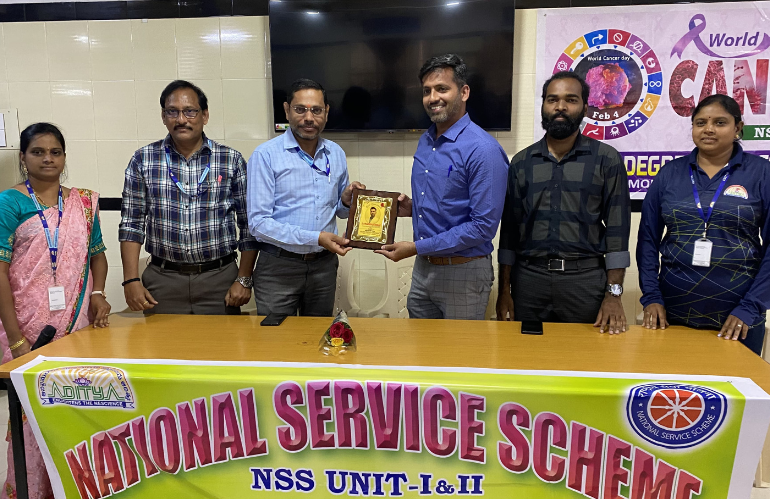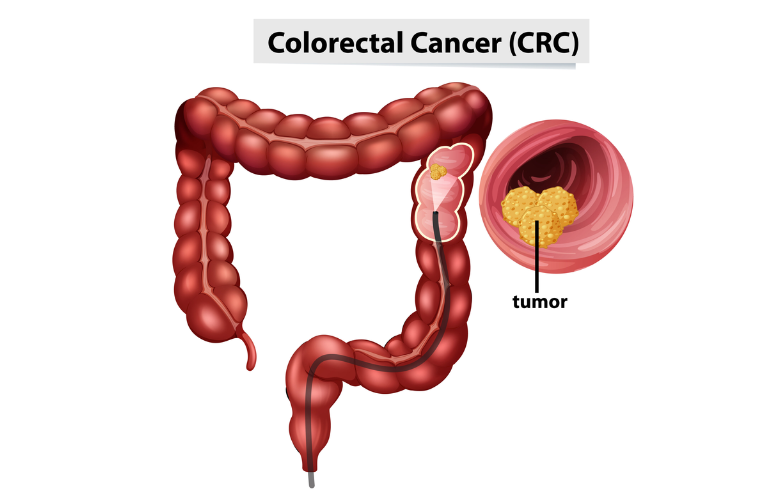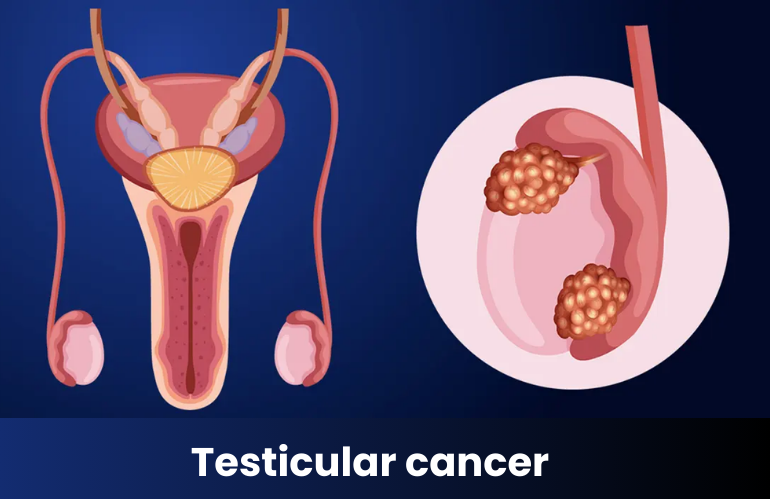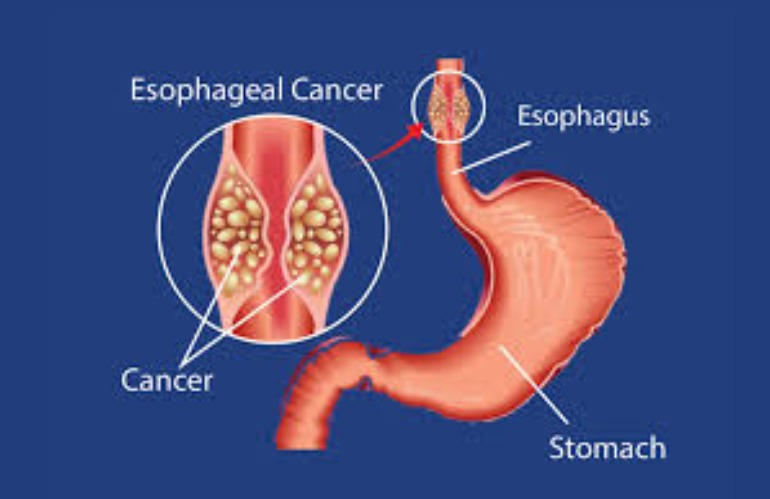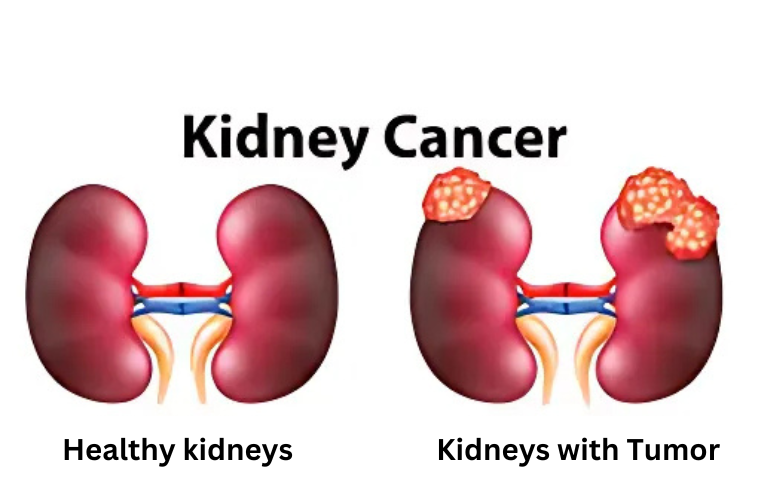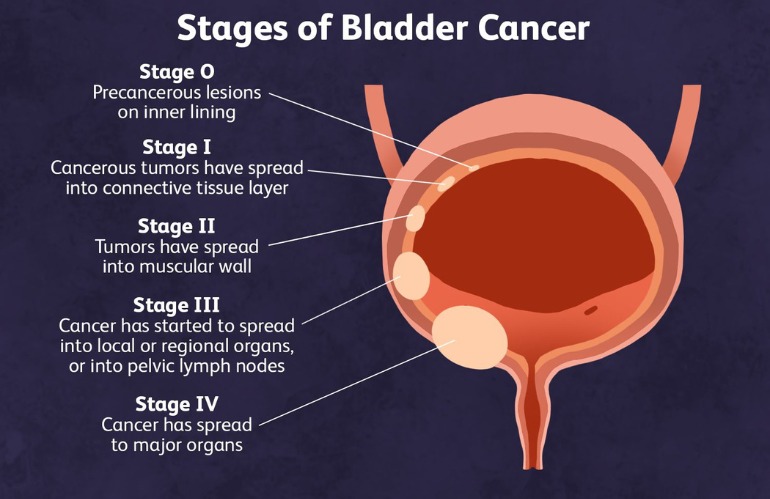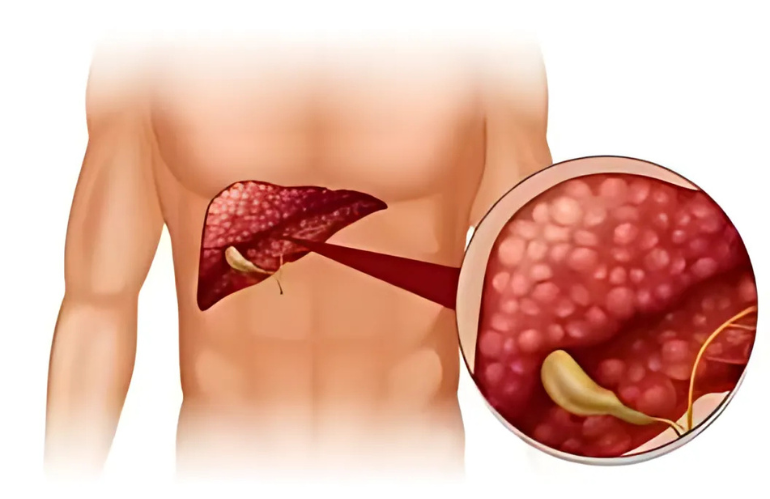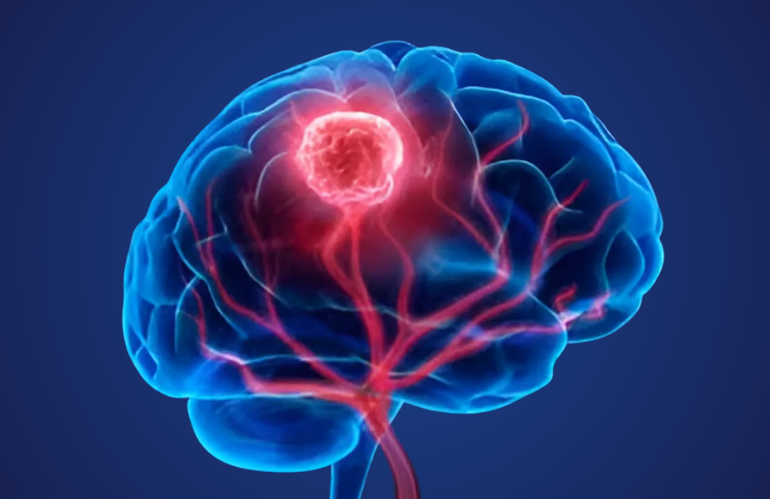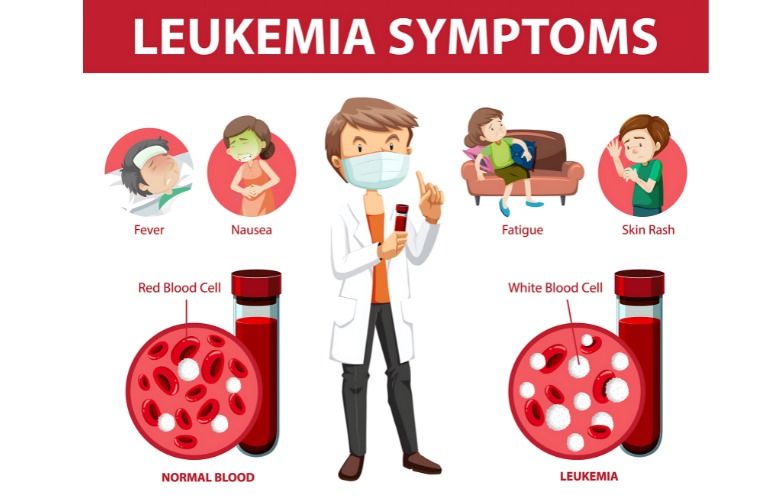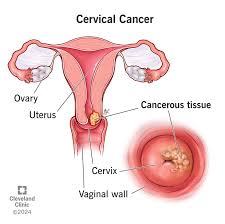Identifying the Symptoms
Recognizing esophageal cancer early can significantly improve the chances of successful treatment. Here are several common signs that could indicate esophageal cancer:
Difficulty Swallowing
One of the most prevalent symptoms of esophageal cancer is dysphagia, or difficulty swallowing. You may feel like food is stuck in your throat or chest. This symptom usually starts with solid foods and may progress to liquids as the cancer advances. If you experience this issue, it's essential to consult an esophageal cancer specialist in Kakinada for further evaluation and treatm
Chest Pain or Discomfort
Persistent chest pain or discomfort, especially during or after eating, could signal esophageal cancer. While this symptom might be mistaken for heartburn or indigestion, it is important not to disregard it. Seeking an oncologist near me in Kakinada can help you better understand these symptoms and determine whether further testing is necessary.
Unexplained Weight Loss
Unintentional weight loss without trying is another red flag for esophageal cancer. Difficulty swallowing or a reduced appetite can lead to significant weight loss over time. If this occurs, consider seeking affordable cancer treatment in Kakinada to address both the cancer and any nutritional concerns
Chronic Cough or Hoarseness
A persistent cough or a hoarse voice that doesn’t improve could be a sign of esophageal cancer affecting your airways. This is another indication that you should consult with an esophageal cancer specialist in Kakinada for a thorough diagnosis.
Additional Symptoms
● Frequent heartburn or acid reflux
● Pain behind the breastbone
● Vomiting or coughing up blood
If you experience any of these symptoms, especially if they persist for more than a few weeks, it is crucial to consult a cancer specialist in Kakinada. Ask Oncologist is here to connect you with the best oncologists in Kakinada to help with diagnosis and treatment
Recognizing Risk Factors
Certain factors can increase your risk of developing esophageal cancer. By being aware of these risk factors, you can take preventive actions or seek early medical care when necessary.
Age and Gender
Esophageal cancer is more common in older individuals, especially those over 50. Men are also more likely to develop this type of cancer compared to women
Lifestyle Factors
● Smoking: Tobacco use is a significant risk factor for esophageal cancer.
● Alcohol consumption: Excessive drinking can irritate the esophagus and raise the risk of cancer.
● Poor diet: A diet low in fruits and vegetables and high in processed foods may contribute to higher cancer risks.
● Obesity: Being overweight or obese increases the risk of esophageal adenocarcinoma.
Medical Conditions
Certain medical conditions can also raise the risk of esophageal cancer:
● Gastroesophageal reflux disease (GERD)
● Barrett's esophagus
● Achalasia (a condition that impairs the esophagus’ ability to move food to the stomach)
Treatment Options for Esophageal Cancer
If diagnosed with esophageal cancer, there are a variety of cancer treatment options in kakinada available, tailored to the specific needs of the patient. Whether it’s chemotherapy for cancer, radiation therapy for cancer, or even advanced cancer treatment, the best course of action will depend on factors such as the stage of the disease, overall health, and personal preferences.
Surgery
Surgery is typically the primary treatment for esophageal cancer, particularly in the early stages. In Kakinada, skilled surgeons are available to perform cancer surgery to remove part or all of the esophagus, depending on how far the cancer has spread.
Radiation Therapy
Radiation therapy for cancer uses high-energy rays to target and destroy cancer cells. It can be used independently or in combination with chemotherapy or surgery. Kakinada’s cancer centers provide cutting-edge radiation therapy techniques such as external beam radiation and brachytherapy.
Chemotherapy
Chemotherapy for cancer uses powerful medications to kill cancer cells. It may be used before surgery to shrink tumors, after surgery to eliminate any remaining cancer cells, or as the main treatment for more advanced stages. Kakinada offers modern chemotherapy options to help manage esophageal cancer.
Immunotherapy
Immunotherapy helps your immune system identify and attack cancer cells. Although it is a newer option for esophageal cancer, immunotherapy is becoming a viable treatment for some patients. Ask Oncologist can assist you in finding immunotherapy for cancer options and clinical trials in Kakinada
Targeted Therapy
Targeted therapy is a newer form of treatment that focuses on specific changes in cancer cells. This approach can be highly effective for certain types of esophageal cancer, and Ask Oncologist Kakinada can guide you in finding cancer centers that specialize in this treatment.
Finding the Right Cancer Care in Kakinada
When looking for trusted cancer care in Kakinada, you must choose an oncologist who specializes in treating esophageal cancer. Here’s how you can ensure you’re selecting the best care:
1. Research oncologists in Kakinada: Find an oncologist near me who has experience treating esophageal cancer.
2. Seek recommendations: Ask for referrals from your primary care doctor to trusted cancer specialists in the Kakinada area.
3. Evaluate hospitals and cancer centers: Make sure the center you choose offers comprehensive services, including advanced cancer treatment options.
4. Look for additional support: Seek a facility that provides supportive care services like counseling, nutritional advice, and palliative care.
5. Understand treatment costs: Inquire about the cost of treatment and financial assistance options available for cancer care in Kakinada.
Coping with Esophageal Cancer
Living with esophageal cancer can be overwhelming, but you don't have to do it alone. Alongside medical treatment, consider:
● Joining a support group for esophageal cancer patients
● Maintaining a nutritious diet with guidance from a nutritionist
● Staying physically active within your limits
● Seeking emotional support through therapy or counseling
Ask Oncologist can help you connect with support services to assist you throughout your journey.
Conclusion
Understanding esophageal cancer, its symptoms, and treatment options is crucial for early detection and effective management. If you have concerns about esophageal cancer or are experiencing any of the symptoms mentioned, don’t hesitate to seek help from the best oncologists in Kakinada. Early intervention and the right treatment plan can significantly improve your prognosis. Ask Oncologist Kakinada is here to provide expert guidance, helping you find the best cancer treatment options available. Stay informed, take proactive ste


